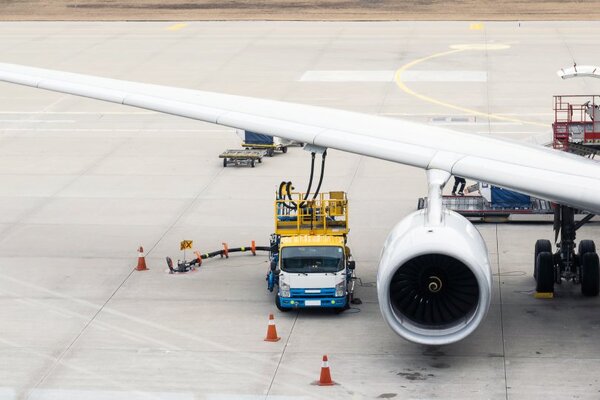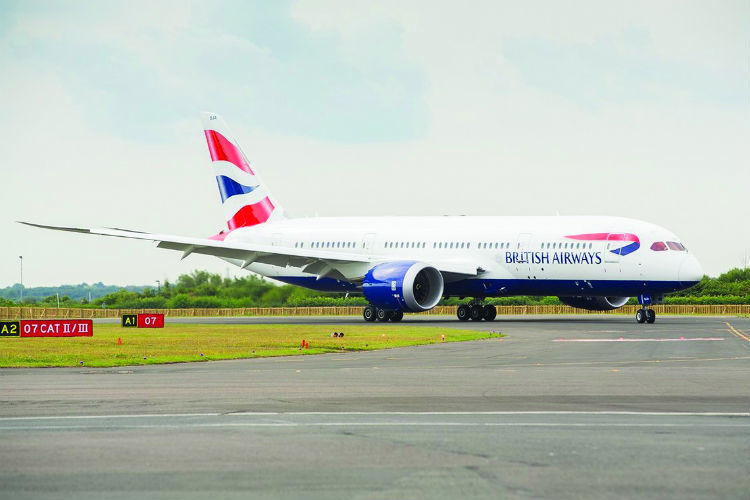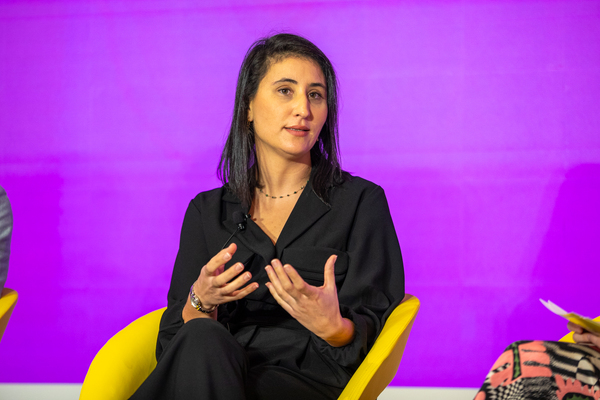Industry renews plea for sustainable fuel support as govt mandate beckons
 Gary Noakes
Gary NoakesThe airline industry has repeated its plea to government to do more to support its transition to sustainable fuels with an announcement due this week on policy mandating their introduction.
The Department for Transport (DfT) is due to confirm by the end of April how it will compel airlines to fly using sustainable aviation fuel (SAF).
Dr Andy Jefferson, programme director of industry think tank Sustainable Aviation, said a SAF industry could create 60,000 UK jobs and £10 billion by 2050 if the government kick-started it.
SAF today, he said, was “very much about cooking oil”. “It’s not what the industry wants, we want more waste-based SAF in the UK and power-to-liquid [fuel derived from carbon capture].”
Speaking at Abta’s Aviation Forum on Monday (22 April), Jefferson said infrastructure investment was needed to supply hydrogen, another alternative fuel.
“We don’t supply it to airports at the moment and we need storage and power to refuel without effectively shutting the airport,” he said. Airbus was currently testing a delivery system in the UK, he added.
The DfT’s announcement may feature a price stability mechanism to help airlines manage the additional cost of SAF and to boost production.
Rob Griggs, Airlines UK’s public affairs director, said this was necessary. “The UK will have the world’s highest [SAF] mandate by 2030 and SAF is two to five times more expensive and there is not enough of it.
"The UK has huge potential to develop a SAF production industry, but the mandate alone won’t be enough to secure the investment.”
He called for a revenue support scheme similar to the "Contracts for Difference" (CfDs) used to support offshore wind farms by stabilising prices.
CfDs incentivise investment in renewable energy by providing developers of projects with high upfront costs and long-term investment with protection from volatile wholesale prices.
’We must deliver’
Iata predicts decarbonising aviation by 2050 would cost $5 trillion. “The problem is how do you secure that from the financial investment market. Shareholder value conversations do not look at 25 years,” Jefferson said.
He added net zero policies of different nations had to be coordinated and the skills needed identified and taught. “We need to identify that now, 25 years is not a long time.”
However, he said he was convinced the industry would meet the challenge. “A hundred years ago, we (aviation) did not exist. We have gone from bits of cloth and wood to the A380, so there is no limit to the ability to solve a problem.
"We have a plan, the financial investment and scale-up are the challenges. We know what the solution is, let’s make it happen.”
He warned: “If we don’t deliver, flying become prohibitively expensive for a lot of people.”
Sign up for weekday travel news and analysis straight to your inbox

Gary Noakes
Supplier Directory
Find contacts for 260+ travel suppliers. Type name, company or destination.














